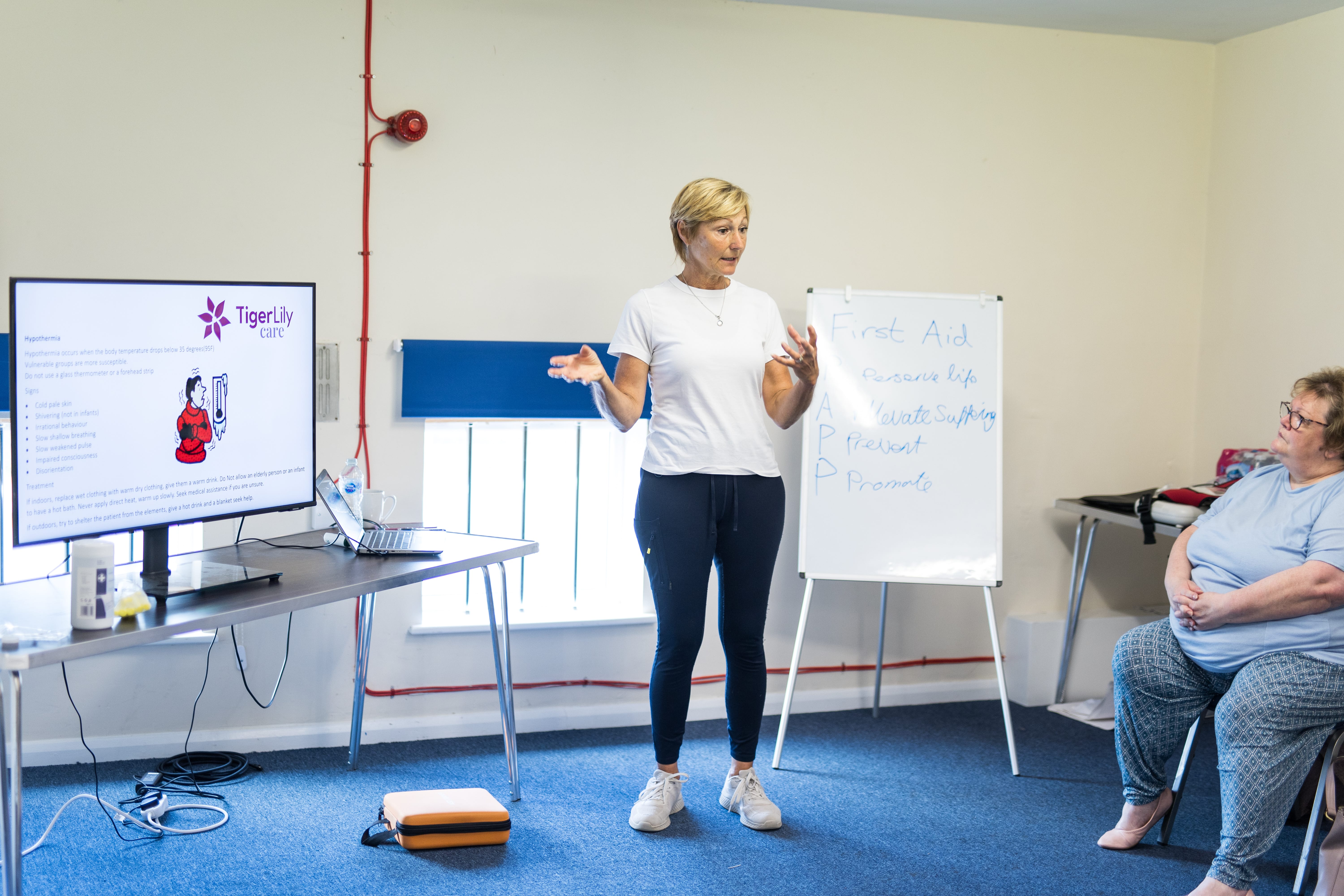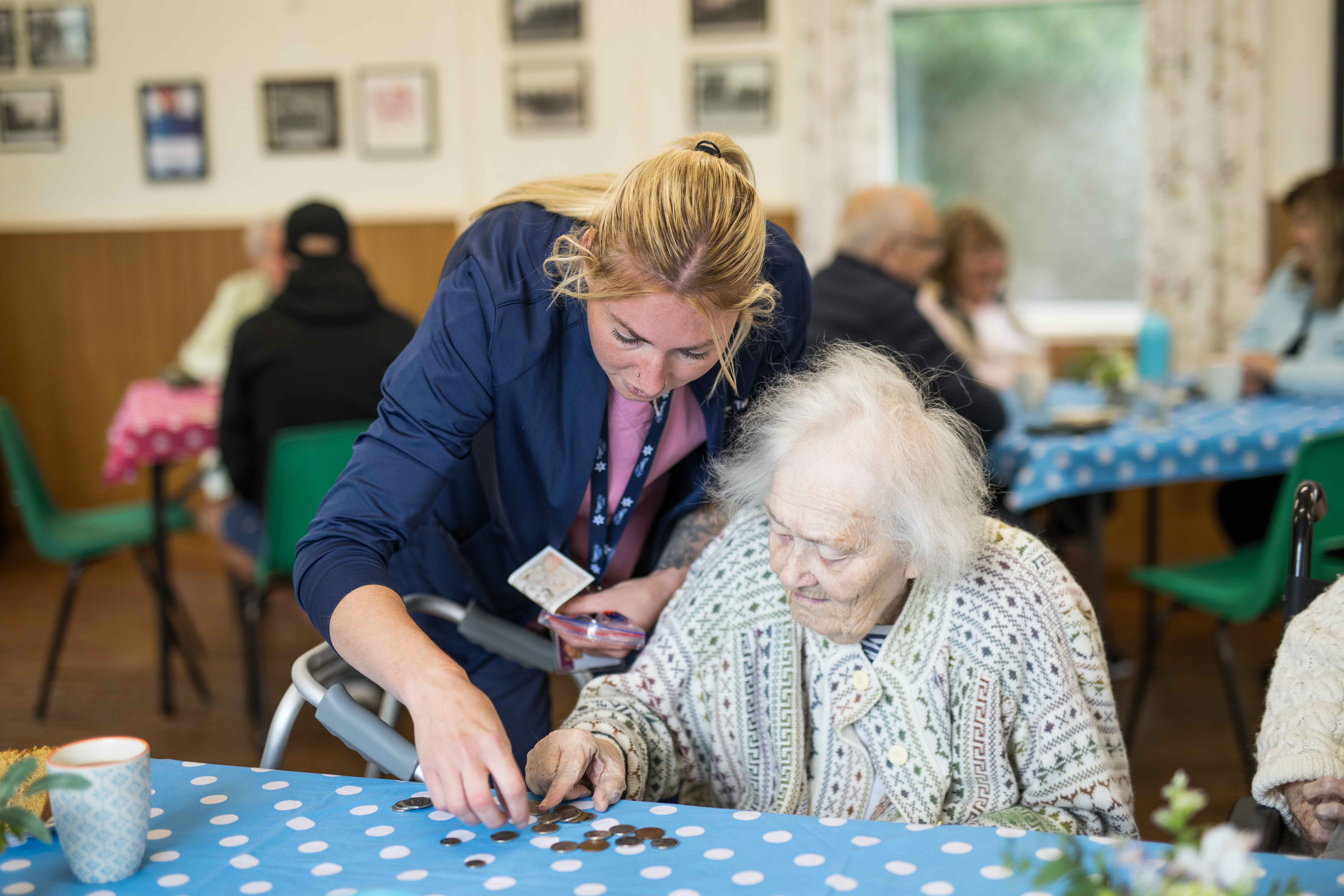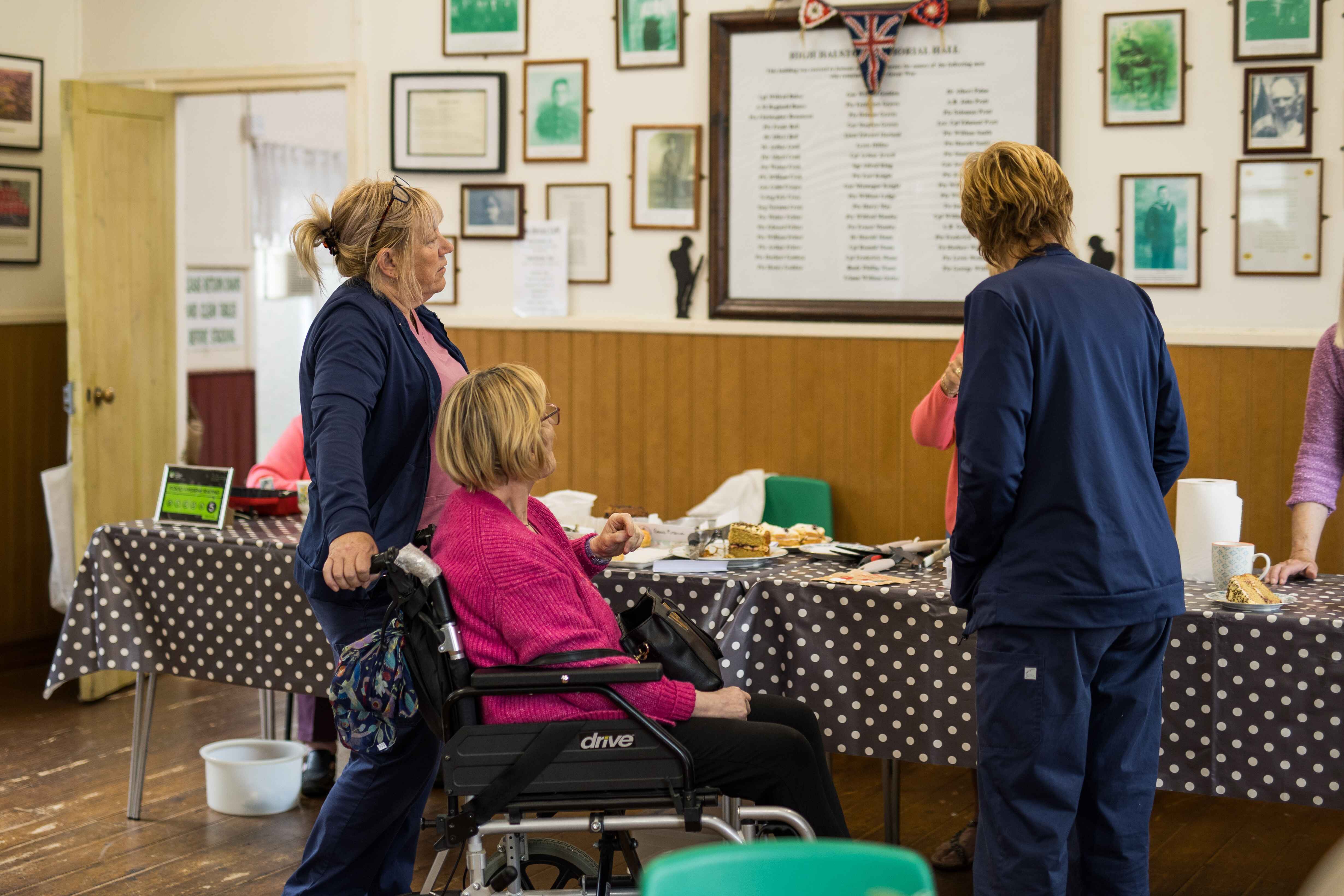As we age, keeping the brain active is just as important as maintaining physical health. Cognitive decline doesn’t have to be inevitable. By engaging in stimulating activities, older adults can preserve memory, enhance concentration, and even build new neural connections. The right activities not only improve mental agility but also boost mood, confidence, and overall quality of life.
In this guide, we explore the top 10 brain-boosting activities for older adults, each offering unique benefits for cognitive and emotional well-being. We’ll also share practical tips, resources, and a sample weekly activity plan to help families and carers support seniors in building healthy routines.
Reading and Storytelling
Books, magazines, and even audiobooks are powerful tools for stimulating the brain. Reading regularly improves vocabulary, enhances memory, and encourages imagination. For older adults with vision challenges, audiobooks and storytelling groups provide the same benefits in a more accessible format.
Encourage reading by setting aside a quiet, comfortable space with good lighting. Large-print books and e-readers with adjustable font sizes make reading easier for individuals with visual impairments. Storytelling with grandchildren or joining a local book club also introduces a valuable social aspect, keeping both language and memory skills active.
Research suggests that individuals who are lifelong readers have a reduced risk of cognitive decline. Even 20–30 minutes of reading each day can make a significant difference in keeping the brain engaged.
Puzzles and Brain Games
Crosswords, Sudoku, jigsaw puzzles, and logic games are classics for a reason. These activities strengthen problem-solving skills, improve attention to detail, and support short-term memory. Brain-training apps like Lumosity, Peak, or Elevate can also provide a fun way to engage with digital puzzles tailored to different cognitive skills.
To make puzzles a regular habit, keep them visible and easily accessible (for instance, a half-completed jigsaw on the dining table). Group puzzle-solving is also a great social activity, combining mental stimulation with companionship. Carers can adapt puzzles to suit the cognitive abilities of individuals, ensuring activities remain enjoyable rather than frustrating.
Studies show that mentally stimulating games can delay dementia symptoms by maintaining brain signalling connections, making them an excellent preventive measure.
Learning a New Skill or Starting a Hobby
Challenging the brain with something entirely new can be one of the most effective ways to boost brain health. Older adults might try painting, cooking a new cuisine, knitting, photography, or even learning a musical instrument.
Learning keeps the brain adaptable and fosters creativity. For those unsure where to begin, many community centres and online platforms, such as YouTube or Udemy, offer beginner-friendly tutorials. Choosing a hobby that also involves fine motor skills, such as knitting or model building, adds physical coordination benefits to the cognitive workout.
The key is to focus on enjoyment rather than perfection. Every attempt to learn something new strengthens the brain, regardless of whether the end result is perfect.
Playing a Musical Instrument or Singing
Music is a workout for the brain. Playing an instrument integrates memory, coordination, and creativity, while singing supports breathing, language, and emotional expression. Group singing, like joining a choir, also provides valuable social engagement.
Music can evoke powerful emotions and memories, making it especially beneficial for older adults experiencing mild cognitive decline. Learning a few piano chords, strumming a guitar, or singing familiar songs simultaneously stimulates multiple areas of the brain. Even listening to new music encourages auditory processing and attention.
Carers and families can support this by incorporating music into daily routines by playing favourite songs during meals or encouraging seniors to sing along. Music-based therapy has also been shown to reduce anxiety and boost mood in older adults.
Physical Exercise with a Mental Twist
Exercise is not only beneficial for the body, but also for the mind and soul. Activities like dancing, tai chi, and yoga combine movement with rhythm, coordination, and mindfulness. These exercises improve balance and concentration while reducing stress. These are benefits that directly support brain health.
Dancing, for example, requires memorising steps, reacting to music, and coordinating movements, all of which stimulate cognitive function. Tai chi incorporates mindful breathing with slow, deliberate movements that enhance both focus and physical control. Yoga supports relaxation while boosting concentration and body awareness.
Even a brisk walk outdoors stimulates the brain thanks to the combination of physical movement, fresh air, and changing scenery. Carers can make exercise more engaging by pairing it with music or moving alongside the senior.
Social Activities and Group Games
Staying socially connected is one of the strongest protectors against cognitive decline. Loneliness and isolation increase the risk of dementia, whereas regular interaction helps keep the brain active.
Board games, card games, or even group trivia nights stimulate memory and reasoning while providing laughter and companionship. Games like bridge or chess require strategy and concentration, while bingo and trivia encourage quick thinking. Social activities also support emotional well-being by reducing feelings of loneliness.
Encourage participation in community centres, faith groups, or local clubs. Families can also organise regular game nights, ensuring older relatives feel included in social and cognitive stimulation.
Volunteering and Mentoring
Giving back to the community through volunteering or mentoring enables older adults to share their wisdom while maintaining mental engagement. Activities such as tutoring children, supporting local charities, or mentoring younger professionals provide a sense of purpose, sharpen communication skills, and enhance problem-solving abilities.
Volunteering also helps combat isolation by fostering social connections. Mentoring programmes, both in-person and online, provide seniors with an opportunity to pass on valuable knowledge and remain intellectually engaged. For carers, helping a loved one identify volunteer roles that match their skills and interests can make the experience especially rewarding.
Creative Writing and Journaling
Writing stories, poetry, or even a daily diary of reflections exercises memory, imagination, and language skills. Journaling, in particular, can help older adults process emotions, recall past experiences, and track their personal goals.
Creative writing strengthens both cognitive and emotional well-being. It encourages reflection, stimulates the imagination, and sharpens communication. Group writing workshops or online platforms provide opportunities to share work and connect with others, adding a social element.
A simple routine, such as writing a few sentences each morning, can have long-lasting benefits for mental clarity and mood.
Gardening and Nature Activities
Gardening engages the senses, encourages problem-solving, and provides gentle physical activity. Planning a garden, identifying plants, and learning about seasonal changes all stimulate memory and critical thinking. Spending time in nature also reduces stress and boosts mood, creating a positive overall effect on mental health.
For seniors with limited mobility, raised beds or indoor potted plants can make gardening more accessible and manageable. Carers can encourage simple tasks such as watering plants, pruning herbs, or observing wildlife. Even short daily walks in green spaces provide restorative benefits, combining exercise, fresh air, and mental stimulation.
Mindfulness and Meditation Practices
Mindfulness, meditation, and breathing exercises help older adults improve focus, reduce anxiety, and build resilience against stress. Guided meditation apps or group sessions can make these practices accessible, even for beginners.
Mindfulness has been shown to improve memory and emotional regulation. Practising for just 10 minutes a day can help older persons become more present, reduce worry, and strengthen attention. Deep breathing or progressive muscle relaxation are simple practices that carers can encourage as part of a daily routine.
Over time, mindfulness supports both brain health and emotional well-being, making it one of the most valuable habits for older adults to adopt.
Sample Weekly Brain-Boosting Activity Plan
Creating a routine makes it easier to incorporate a mix of brain-boosting activities into daily life. Here’s a simple example:
- Monday: Morning walk and crossword puzzle
- Tuesday: Gardening and storytelling with family
- Wednesday: Choir practice or music session
- Thursday: Sudoku and group trivia night
- Friday: Yoga class and journaling
- Saturday: Volunteering at a local charity
- Sunday: Reading group or family game night
The goal is not to do everything but to enjoy a variety of activities that stimulate different areas of the brain. Always remember to adapt activities to meet your loved one’s needs. Professional home carers can provide additional advice and experience on which activities are likely to suit your loved one best.
Helpful Resources
- Alzheimer’s Society (UK): Information on brain health and activity ideas.
- AARP (US): Offers resources on senior wellbeing and lifelong learning.
- National Institute on Aging (US): Guides on cognitive health and memory support.
- Apps: Lumosity, Calm, Headspace, and Audible provide accessible tools for brain training, meditation, and reading.
Summary
Keeping the brain active is about variety, enjoyment, and consistency. From puzzles and reading to gardening and mindfulness, these activities stimulate different parts of the brain, offering both cognitive and emotional benefits. For carers and family members, encouraging loved ones to try new activities or revisit old favourites can be a wonderful way to support healthy ageing.
Start small: choose one or two activities from this list and gradually build them into a routine. The key is to keep the mind challenged, curious, and engaged for long-term well-being.








